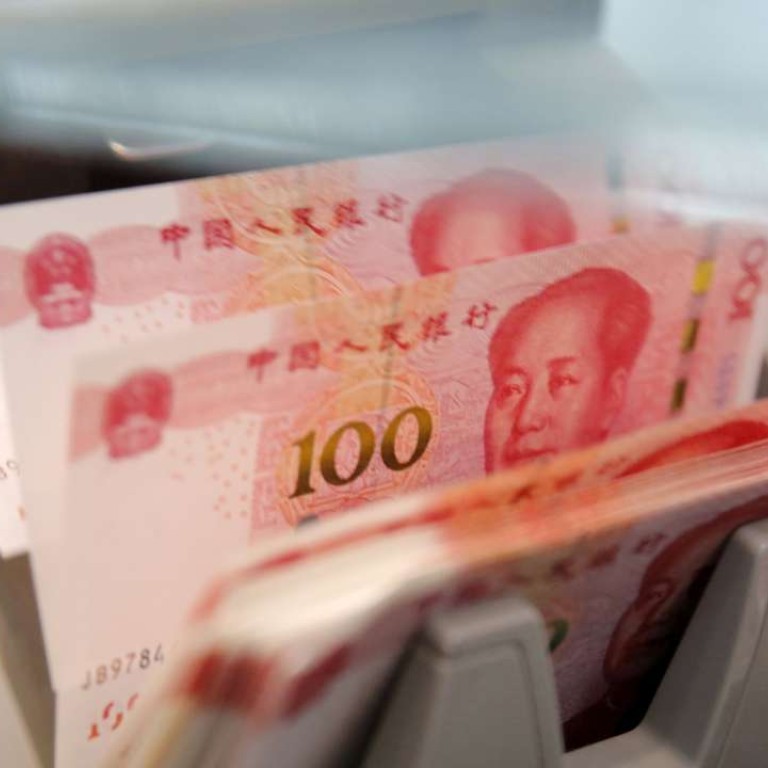
Conditions right for Chinese yuan stability, central bank deputy chief says
Current conditions point to a stabilisation of China’s yuan after a volatile recent performance against the US dollar, a central bank vice-governor said on Sunday, adding that the currency remains strong.
The yuan’s decline in value has accelerated since Donald Trump’s surprise victory in November 8’s US presidential election and it plumbed 8½ -year lows versus the US dollar last week.
“[China’s] international balance of payments are basically stable, the merchandise trade surplus remains relatively large, and the Chinese yuan has the conditions to remain basically stable within a reasonable range in the future,” People’s Bank of China vice-governor Yi Gang said on state TV.
Yi said the yuan showed characteristics of a strong currency as it had fallen less than other currencies against the dollar in recent weeks and rose versus other units in October, according to Xinhua.
The movement of the US dollar going forward is uncertain, and we can’t rule out the possibility that changing market expectations will cause some decline in the dollar
He said the yuan’s volatility had been due mainly to unexpected events including Trump’s election, a sudden increase in expectations that the US Federal Reserve would raise interest rates, and Britain’s vote in June to leave the European Union.
“The movement of the US dollar going forward is uncertain, and we can’t rule out the possibility that changing market expectations will cause some decline in the dollar,” Yi was quoted as saying.
The yuan has fallen more than 6 per cent versus the dollar this year, including about 2 per cent since Trump was elected, but has been relatively stable against a basket of currencies.
China’s foreign currency reserves have fallen to their lowest since March 2011 with the PBOC widely believed to have sold US dollars to cushion the currency’s decline.
As China’s economy recovers and institutional reform improves the business environment, the money that has left will come back
Yi predicted that capital outflows seen after August 2015’s surprise devaluation of the yuan, which sparked fears the health of the economy was worse than Beijing had let on, would start to reverse, and said China’s foreign currency reserves were sufficient.
“As China’s economy recovers and institutional reform improves the business environment, the money that has left will come back,” Yi said.

